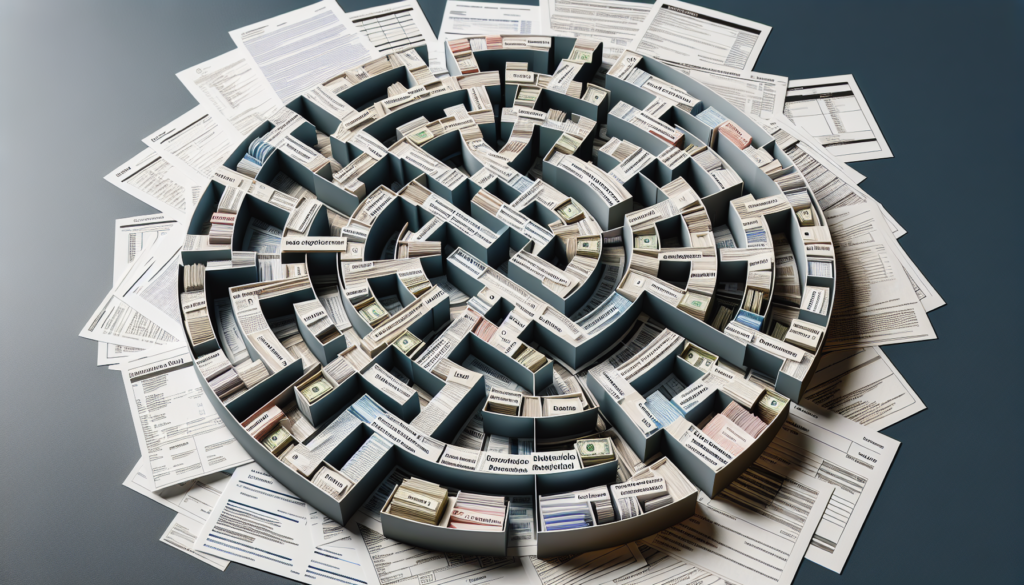
There are several ways to consider getting out of debt without having to file for bankruptcy. Below is a list of several good otions.
Debt Management Plan (DMP):
A Debt Management Plan involves working with a credit counseling agency to consolidate your unsecured debts into a single monthly payment. The agency may negotiate with your creditors to lower interest rates or waive certain fees. You make one payment to the agency, which then distributes payments to your creditors. This plan usually spans 3-5 years and can help you manage and pay off your debt without filing for bankruptcy.
Debt Settlement:
Debt settlement involves negotiating with creditors to allow you to pay a lump sum that’s less than the total amount you owe. You can do this yourself or hire a debt settlement company. However, this approach can negatively impact your credit score, and there’s no guarantee that creditors will agree to negotiate. It’s also important to be aware that forgiven debt may be considered taxable income.
Credit Counseling:
Nonprofit credit counseling agencies offer free or low-cost services to help you create a budget and provide education on managing your finances. A credit counselor can review your financial situation and offer personalized advice on debt repayment. They can also help you determine if a Debt Management Plan is right for you.
Budget Restructuring:
Reviewing and restructuring your budget can free up extra money to pay off debt. This might involve cutting non-essential expenses, reducing discretionary spending, and finding ways to increase your income, such as taking on a part-time job or selling unused items.
Snowball or Avalanche Methods:
- Debt Snowball: Pay off your debts from smallest to largest, regardless of interest rate. Once the smallest debt is paid off, you roll the amount you were paying on that debt into the next smallest, creating a “snowball” effect.
- Debt Avalanche: Focus on paying off debts with the highest interest rates first while making minimum payments on other debts. This method can save you money in interest over time.
Asset Liquidation:
Selling assets, such as a second car, jewelry, or other valuables, can provide you with a lump sum of money that can be used to pay down your debt. While this might not be an ideal solution, it can be a way to avoid bankruptcy.
Payment Negotiation:
Directly contact your creditors to negotiate lower interest rates or modified payment plans. Some creditors may be willing to work with you to adjust your payment schedule or reduce your interest rates, making it easier for you to pay off your debt.
While bankruptcy can provide a fresh start for those overwhelmed by debt, it’s often considered a last resort due to its long-term impact on your credit. Exploring alternatives like those listed above can provide pathways to debt relief without the need for bankruptcy. It’s crucial to assess each option carefully, considering your financial situation and the potential impacts on your credit and financial health. Consulting with a financial advisor or credit counselor can also provide valuable guidance tailored to your specific circumstances.


Get a Free Bankruptcy Case Evaluation